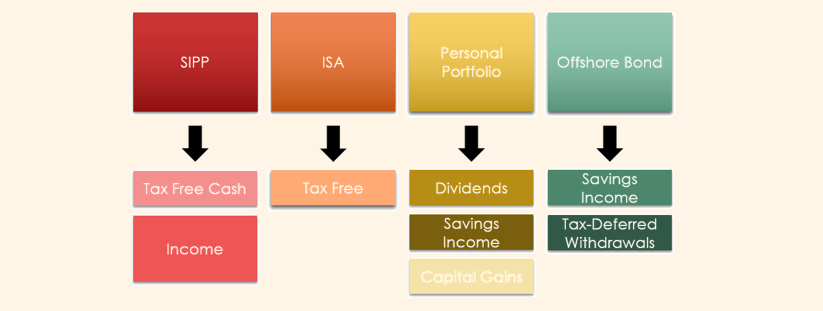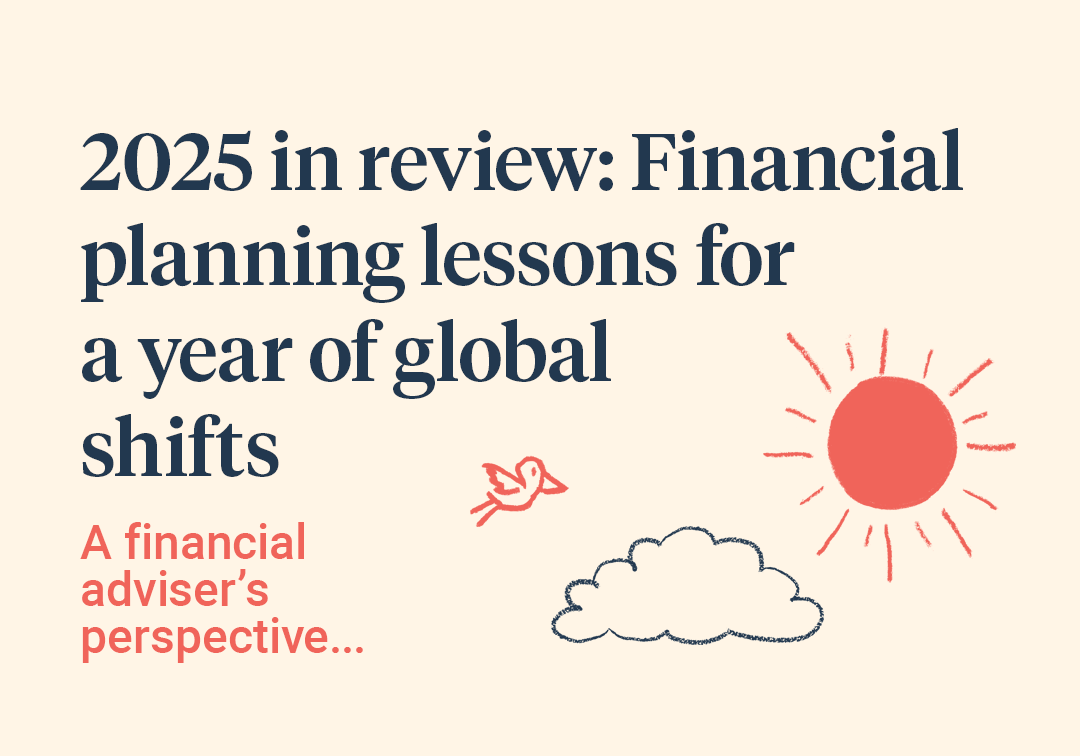When it comes to preparing for retirement, your 40s can arguably be the most crucial decade for building the retirement you are seeking. In these years, you are likely to be in the busiest time with work and closest to your peak career earnings, possibly building a family, and you may have significant liabilities such as a mortgage. With all of this in mind, it is easy to let your financial planning slip to the bottom of the pile.
Example scenario
Let’s think about an example family – Mark and Debbie are both aged 45 and have two children, Laura (aged 8) and Michael (aged 6). Mark works as a sales consultant earning a total remuneration of £85,000 per annum including bonus/commission whilst Linda is working part time as an administrative assistant earning £10,000 per annum. We will use this family throughout the below planning areas to show how their circumstances can be affected.
Protection – family income benefit and emergency fund
At this stage of life, it is likely that most people will have taken on significant liabilities such as mortgages, car finance or have some outstanding credit card debt. Although a difficult consideration, one of the key risks of this age is unemployment or early death and being unable to repay those outstanding debt repayments.






